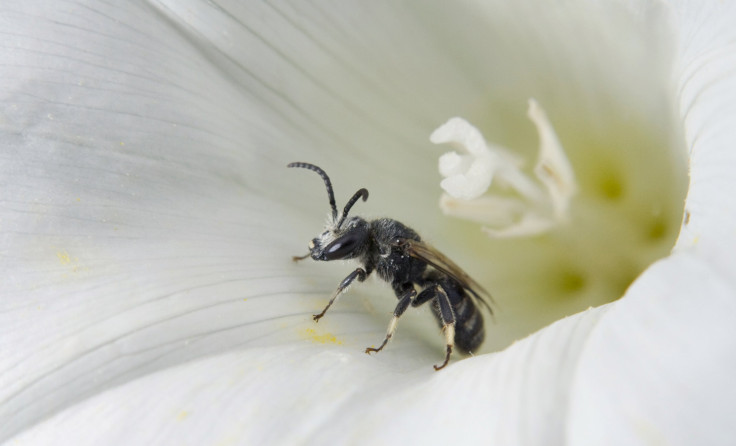Harmful wasp venom turns 'weapon against cancer'

The venom from a Brazilian wasp has been found to be a new weapon to fight cancer through its potent cancer-fighting properties. The harmful venom could lead to the development of a completely new class of anti-cancer drugs, scientists suggest.
The species of Polybia paulista is an aggressive social wasp found in south-east Brazil, where it causes hundreds of stinging accidents of medical importance for humans every year, but scientists believe its toxin could possibly help fight cancer. In laboratory studies, the researchers found an ingredient in the venom, called MP1, which kills cancer cells without harming the normal cells.
The study, published in the Cell Press journal Biophysical Journal, shows that the toxin MP1 disrupts the cells to inhibit the growth of prostate and bladder cancer cells as well as multidrug-resistant leukemic cells. The toxin interacts with the tumour cells and creates gaping holes that allow vital molecules for cell function to leak, according to the researchers from the University of Leeds and the São Paulo State University in Brazil.
"This could be useful in developing new combination therapies, where multiple drugs are used simultaneously to treat a cancer by attacking different parts of the cancer cells at the same time," said Dr Paul Beales, one of the researchers from the University of Leeds.
However, the work is still at the early stage in mice and more studies are needed to verify if the method will work safely in humans to target and destroy cancer cells. Scientists have not yet determined the exact way that the venom’s toxin disrupts cancer cells without harming the normal cells.
Determining the mechanism of how the toxin reacts against cancer cells will help in translational studies to further assess its potential to be used in medicine. The researchers described the toxin as potentially safe based on laboratory experiments that it is selective to cancer cells and non-toxic to normal cells.
"This early stage research increases our understanding of how the venom of the Brazilian wasp can kill cancer cells in the laboratory,” said Dr Aine McCarthy, science information officer for Cancer Research UK. McCarthy suggests more laboratory works and clinical trials before making wasp toxin-based drugs for cancer patients.
Contact the writer at feedback@ibtimes.com.au or tell us what you think below






